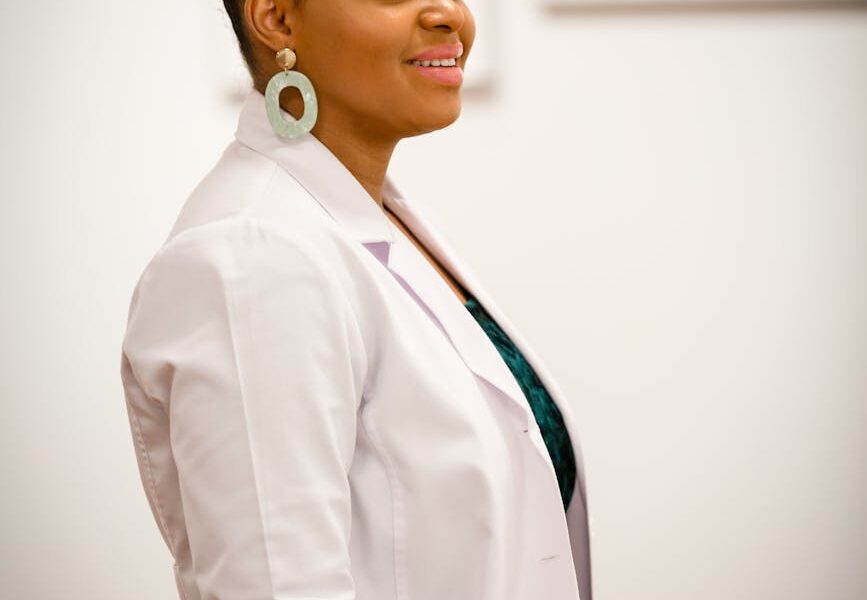Screening as a Tool for Prevention
Preventive health screenings are essential for women to detect potential health issues early, promote overall well-being, and maintain optimal health. The recommended age and frequency of screenings may vary based on individual health history, risk factors, and guidelines from healthcare providers. However, here are some general guidelines for preventive health screenings for women:
1. Blood Pressure Screening:
– Starting at age 18, women should have their blood pressure checked at least once every two years. High blood pressure can increase the risk of heart disease, stroke, and other health complications.
2. Cholesterol Screening:
– Women should have their cholesterol levels checked starting at age 20 and then every four to six years, depending on risk factors. High cholesterol levels can increase the risk of heart disease and stroke.
3. Breast Cancer Screening:
– Women should discuss with their healthcare provider about when to start mammograms for breast cancer screening. In general, mammograms are recommended every 1-2 years starting at age 40 or earlier based on individual risk factors.
4. Cervical Cancer Screening:
– Pap smears for cervical cancer screening are recommended starting at age 21. Women between ages 21-29 should have a Pap smear every three years, and women between ages 30-65 can have a Pap smear every three years or co-testing with Pap smear and HPV test every five years.
5. Bone Density Screening:
– Women should consider bone density testing starting at age 65 to screen for osteoporosis, especially if they are at higher risk due to factors like family history, low body weight, or certain medical conditions.
6. Colorectal Cancer Screening:
– Women should discuss with their healthcare provider about when to start colorectal cancer screening. In general, screening may start at age 45 or earlier based on risk factors, such as family history or personal health history.
7. Diabetes Screening:
– Women with risk factors for diabetes, such as obesity, family history, or high blood pressure, should be screened for diabetes starting at age 45. Screening may include blood glucose testing or HbA1c testing.
8. Skin Cancer Screening:
– Regular skin checks by a dermatologist are recommended for women, especially those with a history of sun exposure or skin cancer. Self-exams for changes in moles or skin lesions should be done regularly.
9. Eye and Vision Screening:
– Women should have regular eye exams to screen for vision changes, eye diseases, and conditions like glaucoma or cataracts. The frequency of eye exams may vary based on individual risk factors and age.
10. Dental Check-ups:
– Regular dental check-ups and cleanings are important for overall health. Women should have dental exams at least once a year to detect oral health issues and maintain good dental hygiene.
It’s important for women to discuss their individual health history, risk factors, and concerns with their healthcare provider to determine the most appropriate screening schedule and tests for their specific needs. Regular preventive health screenings play a crucial role in maintaining women’s health, preventing diseases, and promoting overall well-being.
